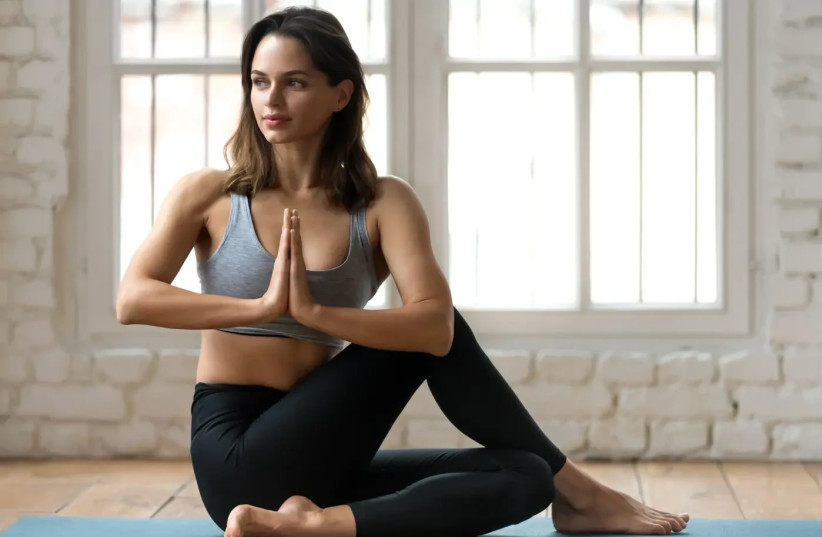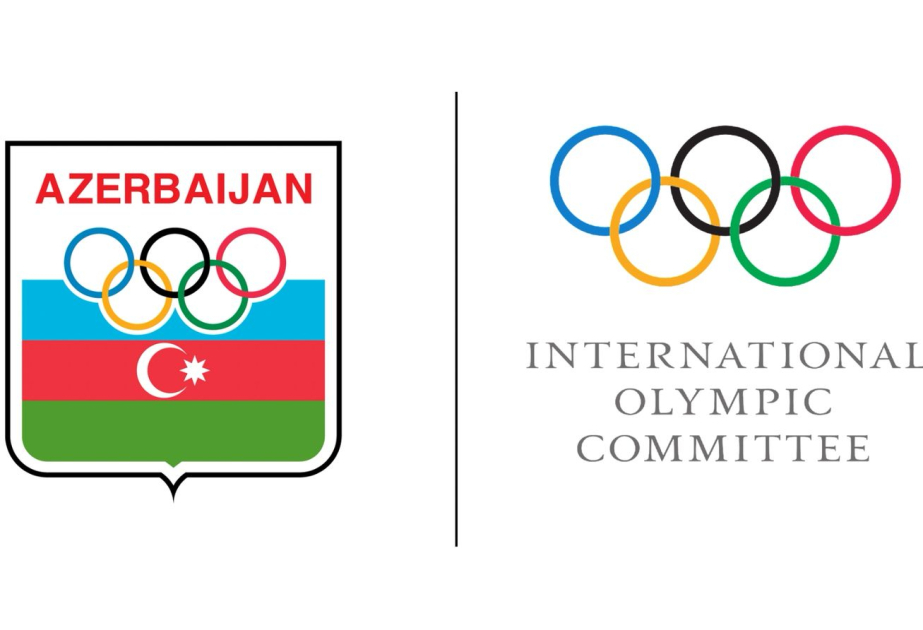Jerusalem Post
ByWALLA! HEALTH
Many suffer from insomnia, but a new study finds three types of exercise that can improve sleep quality and duration.
The study found that practicing yoga, tai chi, light jogging, or even simple walking may be among the most effective methods for dealing with insomnia. The study was published in the medical journal BMJ Evidence-Based Medicine.
The researchers emphasized that the benefits of these activities lie in their accessibility, low cost, and low risk of side effects, making them particularly suitable for recommendation within healthcare systems and communities.
Insomnia is defined as persistent difficulty falling asleep, staying asleep, or experiencing frequent awakenings during the night. This condition can significantly impair quality of life, causing fatigue, lack of concentration, irritability, and more.
To examine which types of physical activity have the most impact on sleep quality, researchers from China conducted a systematic review of 22 studies involving 1,348 people who suffered from insomnia. The study looked at 13 different treatment methods, including seven types of physical activity: Yoga, tai chi, walking or light jogging, a combination of aerobic and strength training, strength training alone, aerobic activity combined with emotional therapy, and mixed aerobic activity.
Yoga: Increased Sleep Time and Nearly an Hour Less Wakefulness During the Night
The most prominent finding was that yoga can increase sleep duration by nearly two hours and reduce the time awake after falling asleep by almost an hour.
Walking or Light Jogging: Reduced Severity of Insomnia
Walking or light jogging reduced the severity of symptoms, while tai chi contributed to improved sleep quality.
How Does It Work?
According to the researchers, yoga’s focus on bodily awareness and controlled breathing helps in coping with symptoms of anxiety and depression, which are often part of insomnia.
Tai chi – a traditional Chinese martial art that includes slow, flowing movements – also emphasizes breath control and physical relaxation, potentially improving emotional regulation.
At the same time, walking or jogging may reduce levels of the hormone cortisol (the stress hormone) and increase levels of melatonin – the hormone that regulates sleep cycles.
"The study findings highlight the therapeutic potential of physical activity in treating insomnia. Given the benefits of yoga, tai chi, and walking or jogging – such as low cost, high accessibility, and few side effects – it is worth considering incorporating them into primary healthcare services and community programs."
However, they note that some of the reviewed studies had methodological limitations, and therefore broader and higher-quality research is needed to deepen understanding.














